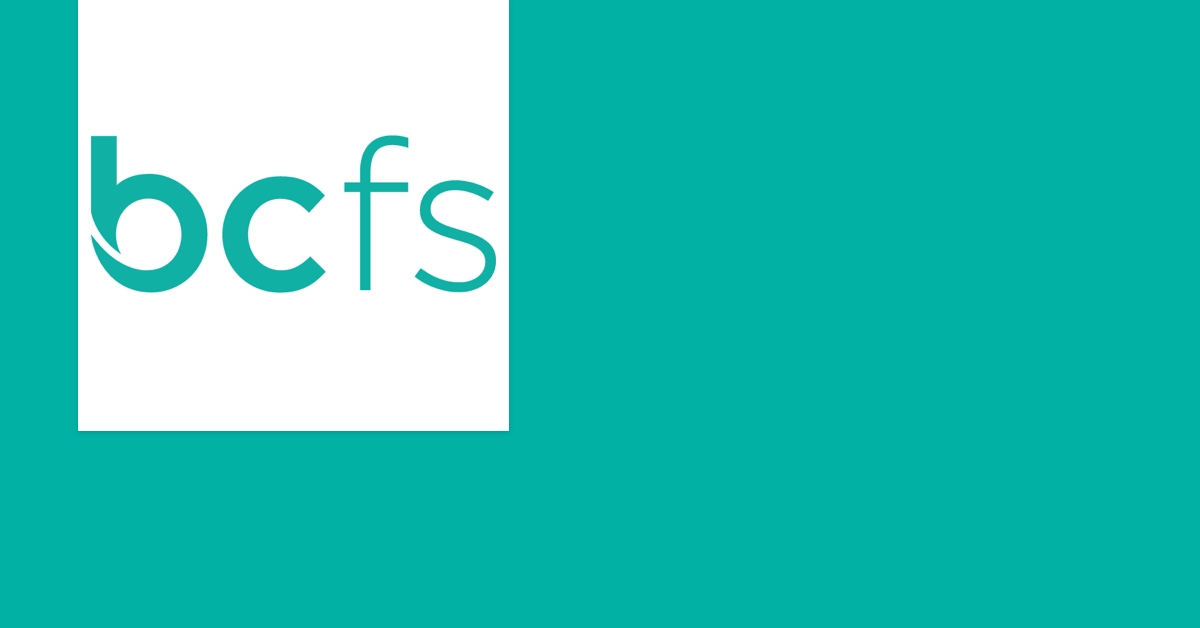The return to school this January has not started the way any of us expected when we enrolled in classes in the Fall. The Omicron variant of COVID-19 is raising the concern amongst students and our campus communities on how to stay safe while getting our incredibly important education.
We also need to acknowledge that there is a lot of division around the best way to stay safe, which varies depending on your courses, location, health status, learning style, and responsibilities outside the classrooms. There is not a one-size-fits-all approach to this pandemic.
It is important to acknowledge that much of our post-secondary education system is not designed for a prolonged period of online learning. The post-secondary education experience is more than just attending lectures, labs, and practicums. Furthermore, access to student support services, library services, international student services, financial aid services, and vital cultural extracurricular activities do not always transition well to the virtual space. While students have managed to cope out of necessity at the start of the pandemic, it is needlessly burdensome to require them to make do without these critical activities for any longer.
WHAT YOUR STUDENTS’ UNIONS ARE DOING TO ADVOCATE FOR MEMBERS
The BC Federation of Students and our affiliated member students’ unions have been relentlessly advocating to all levels of government for more supports for students during and after the pandemic.
In April 2021, we hosted a Student COVID-19 Symposium, joined by students from across the province to discuss the struggles and triumphs of students while learning during the pandemic. During the Symposium, representatives of the Ministry of Advanced Education and Skills Training were also present to hear it all directly from students. A report was created and sent to the government with a list of recommendations, which you can read here.
Last week, we sent a letter to the Ministry of Advanced Education and Skills Training, re-asserting our recommendations to make campuses as safe as possible for the remainder of the Spring 2022 semester.
Those recommendations included:
- Prioritizing students and members of the campus community to receive the third dose of the vaccine, and hosting on-campus vaccination clinics for easier access to boosters;
- Ensuring that institutions’ policies do not penalise students who are exhibiting symptoms of COVID-19, and allow students to stay home when sick without the need of getting a doctor’s note;
- Providing the appropriate and free N95 facemasks for those without, and mandating their use in all common and shared spaces by the institution;
- Encouraging hybrid learning models where appropriate so those who need to stay home for health reasons do not fall behind in their studies; and
- Encouraging institutions to provide both in-person and online courses, so students can choose which class fits their life better.
ADVOCACY STEPS YOU CAN TAKE
If you are a student looking to get more involved in the discussion about learning during COVID, or if you feel like attending class is unsafe, here are some suggestions we have:
- Reach out and express your concerns to your instructors and deans, especially if you are feeling unsafe attending classes, or if you require any sort of accommodations.
- Reach out to your campus Ombudsperson for support in navigating institutional structures.
- Ask your students’ union for assistance in getting the appropriate support if you experience roadblocks.
- Share your concerns with institutional administrators – students should be a part of the decision-making about your campus community.
We will continue our advocacy for a system of education that is accessible and affordable to everyone. This pandemic has highlighted that our post-secondary education system has gaps. These gaps will not go away with the pandemic. We continue to fight for more funding, reducing student debt, and lowering tuition fees, through our Fund It Fix It campaign.
The pandemic has left many of us isolated and struggling to maintain good mental health. Here2Talk is a free and confidential counselling and referral service, available to students 24/7. KUU-US crisis response service is culturally-aware crisis support available to Indigenous students 24/7. Virtual mental health programs and services will continue to be offered by the provincial government.
As changes to the guidance or new recommendations become available, we will be sure to provide updates to keep you informed. We are eager to see students return to campus this Spring and look forward to supporting members in the transition back to in-person learning.

